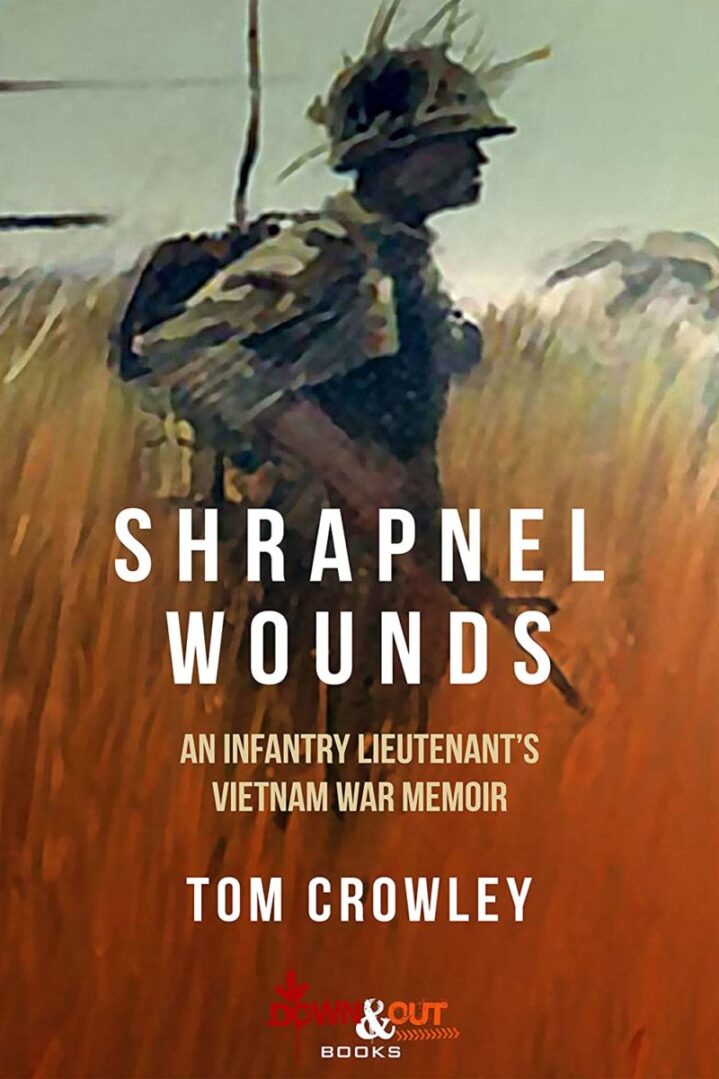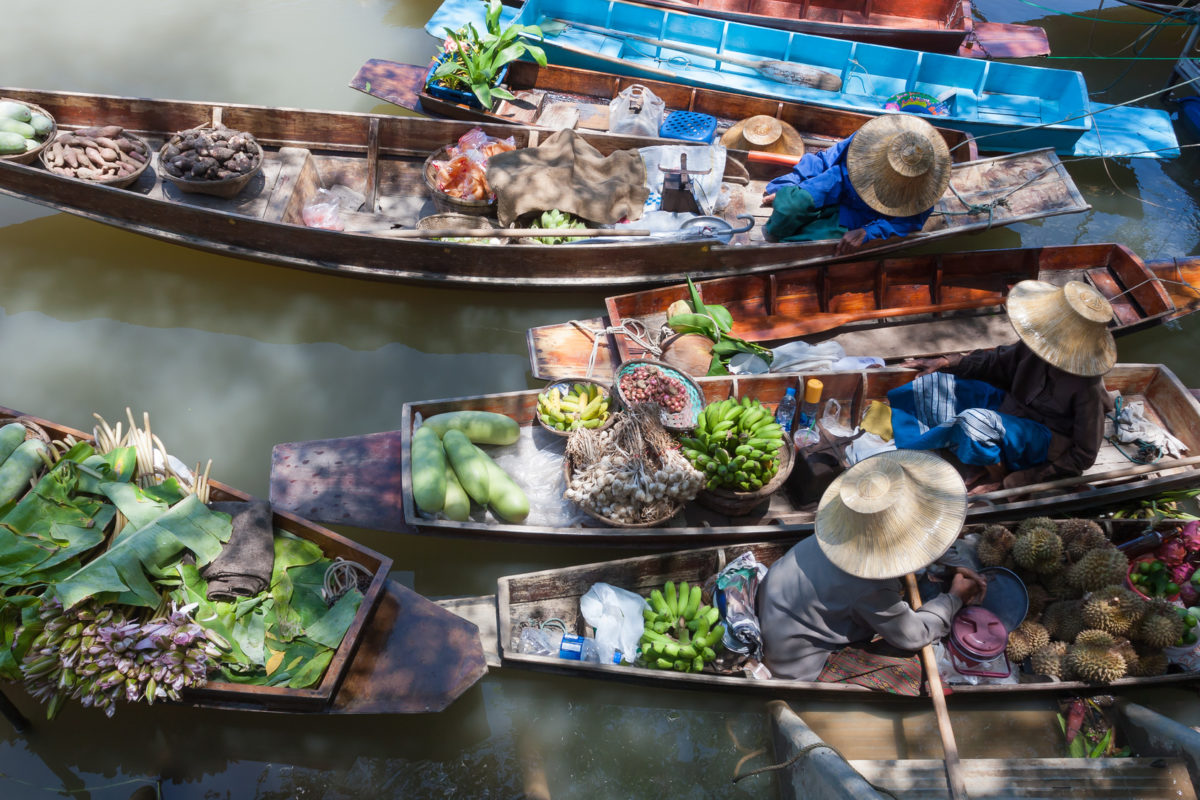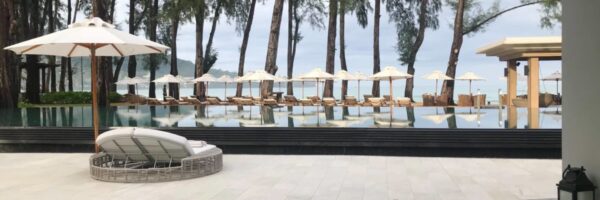
Tom Crowley Interview
Today we are speaking to Tom Crowley, long time Bangkok resident, noted author of numerous Thailand based books and humanitarian worker.
www.tomcrowleybooks.com
What brought you to Thailand the first time?
Business and investment management. In the mid nineties my company asked me to open an investment office for SE Asia. It came down to Bangkok or Manila. An obvious choice even today. However, it was only after I left the pressure and rat race of the business world in 1998 that I really arrived in Thailand.
What has changed the most in Thailand?
All credit to the urban planners and Thai government for the establishment of an extensive modern rail system. The MRT and BTS systems have brought about a tremendous and beneficial change in Bangkok. Its impact cannot be overstated. Transportation has eased and people, especially working class people, can move around much much more easily.
The amount of real estate investment and chic, in some places, urban growth in Bangkok has been amazing. Bangkok has some of the most modern high rise buildings in the world. The road system has expanded tremendously though at times in a bit of a confusing manner.
Growth in the countryside, roads, schools, and markets has also expanded though not matching Bangkok in any way.
What has changed the least here?
Things must still be done the ‘Thai’ way. One must be non-confrontational. Thailand is still captive to the Pee-Nong system it was ruled in the past by a gerontocracy and still is. Social innovation still lags in all areas. Your first novel Vipers Tail was about a deadly virus that emerged in China and spread across the world. This is amazingly prescient. Please tell us about the novel. My goal was really to introduce a new hero, a Thai American, whose military background and post war issues I could understand and develop fully.
Of course the protagonist always needs an antagonist, the more evil and threatening the better. My military history reading, which included WWII and the Japanese attempt to conquer Asia, had brought me to focus on the Kempeitai, the Japanese political military police. In that research I came across records of their death camps and the research and testing of biological agents. They actually released biological agents against civilian Chinese populations during the war.
Here was evidence of overwhelming evil. I reimagined a version of that in a current setting and set my hero on the trail. I must give credit for the boost to my imagination to the continuing stream of viral infections that China has shared with the rest of Asia during my time here. That list includes SARS, swine flu, avian flu, H1N1 and of course today, well after my book, the Corona virus. Chinese health practices can be deemed somewhat suspect.
You have done a number of fiction books about Thailand. Tell us about your main protagonist, Matt Chance, and where the idea for the character came from?
I have a good number of friends who are combat veterans. When they read my books they say to me, “There is a lot of you in there.” Yes, there is a lot of all the combat veterans and PTSD survivors in Matt. The fires that rage within him at times, the determination to overcome the past and put it behind him, and the identification with the underdogs he comes across in life are all part of the man. Yet, as always, he is Thai, Thai-American, Luk Krung with an American father and a Thai mother, educated in America, but Thai. Bridging the two worlds.
The American military survivor part is mine. The Thai part is based on my good fortune in making some very strong Thai friends, especially in my work at the Mercy Centre, people who are friends to this day. In particular, as several of them were educated in the US and the UK, they provided a window into the nature of their life struggle to preserve their Thai cultural core but at the same time utilise the best of the world view that they had come to in their education.

What books are you working on now?
After my time in business, I spent fourteen years, 1998 to 2012, working as a full time volunteer with a home for street kids based in the port slum area of Klong Toey, the Mercy Centre. I decided to write the story of the Heroes of Mercy. These are the staff and children of the poorest of families, who struggle with the tremendous difficulties involved in fighting to overcome strong Thai social prejudice and educational and economic barriers and to maintain their human dignity. Their stories are amazing and humbling. I will do my best to bring them to the world.
How has Thailand changed you?
My time in Thailand has helped me to learn how to keep my mouth shut, at least on occasion, and listen to the other person. Working at Mercy I learned not to judge quickly as the Thai would often keep things from the older person (me) being Kreng Jai. They didn’t want to upset me or any elder (or boss). Take time to understand what is going on around you. Much of it may be hidden. This period of waiting to understand fully seems very difficult to Western newcomers who often want to get to the heart of the matter, very quickly. I hope I talk less and listen more. The staff at the Mercy home are so professional and yet so humble. If I could learn to be like them. . .
What are your favourite things to do here?
Thailand has a wonderful collection of jungle parks and forest reserves which are little appreciated within Thailand, especially by the government. I would say some of these national parks, Keng Krachan in particular, are the best preserved bits of nature in Asia. I was a graduate of the US Army Jungle Expert school during my service and my wife and I love walking jungle trials and observing the birds and wildlife. I would put my time in these parks at the top of my list of the special activities available in Thailand. These parks provide a striking counterpoint to the urban jungle of Bangkok.
On a more pedestrian basis, I rediscovered the pleasure I experienced in my youth competing in the game of pool. Bangkok is the best pool venue in the world. Yes, the best. There are a great number of choices. Give it a try. My two favourite venues are Hustlers in the Times Square building and the Sportsman on Soi 13. This is where Matt goes to relax and escape the pressures of whatever case he is involved in. It may work for you.
What advice do you have for anyone who wants to move to Thailand and live here?
DO: Learn the language, learn the language, learn the language.
I studied the Chinese language, including the characters, and worked in China for years. I studied Korean, including the alphabet, and worked in Korea for years. What I came to understand is that the native use of the language, the special phrases for certain occasions, how elders are referred to, differing references to men and women, and many other things, provide the best window to understanding the people and the culture. A great book along this line is Heart Talk by Chris Moore and his Thai wife.
Language study can be an intense and painful process but do the study early on and maintain it. Don’t pick up the language informally. You’ll end up possibly using words and phrases which define you as not completely educated. I studied at Berlitz, total immersion, and found it a great starting point.
DON’T: Don’t restrict yourself to the colonial village, like expat communities in Thailand, or limit your relations to other colonists as so many expats do. Find some way to immerse yourself, without colonial bodyguards, at least on occasion, in the Thai people and Thai activities
What does the future hold for you?
Reading and writing. Reading and writing. Reading and writing. I’m considered retired now, to my home in Maryland, just a visitor to Thailand and my friends there once a year, but there are no limits to what I can read and write. I love it and am very lucky to have this core identity to carry me through.



